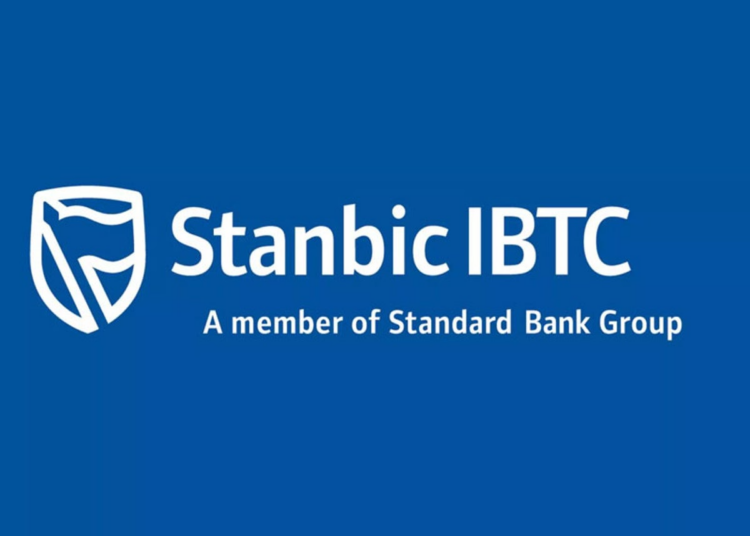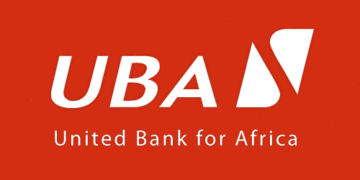Stakeholders in the healthcare industry have emphasised that Public-private partnerships (PPPs) remain perhaps the most viable options for improving infrastructure and access to healthcare.
This was stated at the Stanbic IBTC Bank inaugural healthcare breakfast session held in Lagos.
The chief executive of Stanbic IBTC Holdings Plc, Dr Demola Sogunle expressed the commitment of the company to support the nation’s healthcare sector by ensuring that it always provides innovative product offerings that are designed to boost the aspirations of healthcare providers.
He stated that the event was organised to connect innovators, disruptors, and change-makers that are shaping Nigeria’s healthcare landscape.
He urged healthcare providers who attended the hybrid event to explore the Stanbic IBTC Bank’s product offerings, stressing that the bank is committed to supporting their visions.
He noted that the financial institution has continued to avail credit to healthcare entities, thus supporting hospitals, pharmaceutical firms, Health Management Organisations (HMOs), and diagnostics centres throughout the country.
He said, “the topic of discourse, ‘The Business of Healthcare: Challenges and Opportunities,’ reflects our shared goal of progress through strategic partnerships.
“In the spirit of driving Nigeria’s growth, Stanbic IBTC Bank has continued to avail credit to healthcare entities, thereby supporting hospitals, pharmaceutical firms, HMOs, and diagnostics centres nationwide. We are very passionate about wellness in the communities we serve, and we throw our weight behind the health sector in Nigeria.”
Sogunle added “we are confident that technology and financing innovation can improve healthcare access, even in the face of macro challenges. We are committed to supporting your visions.
“Together, let us advance Nigeria’s journey to universal health coverage, improve standards of living, as well as reduce outbound expenditures that arise from medical tourism, as we unearth opportunities for collaboration and strengthen the healthcare value chain for sustainable progress.”
Speaking on the topic, ‘Strategic partnerships: Catalysts for transforming Nigeria’s healthcare sector’, the MD/CEO JNC International Limited, Claire Omatseye, noted that the healthcare sector has faced several challenges, which have been exacerbated by rising costs, changing demographics, shortage of clinicians and healthcare professionals, quality of care and transparency in practices, access to finance, access to healthcare services and patient centricity are considered major challenges that impact healthcare industry today.
She stated that strategic partnerships have become the cornerstone for the development of healthcare in Nigeria, saying that “Private Sector and Public Sector partnerships have been built over the years and we can recognize the importance of these partnerships in resolving key health issues ranging from communicable diseases to non-communicable and further to pandemics as with Covid-19.
“There are other key stakeholders in the healthcare system that we may need to consider which include the banking industry, the pharmaceutical industry, alliance of other private sector players interested in the development of healthcare, technical and financial donors, among others.”
She noted that Nigeria’s high population presents significant opportunities for the private sector to provide much needed healthcare services in a sector where this sector already provides the most care.











